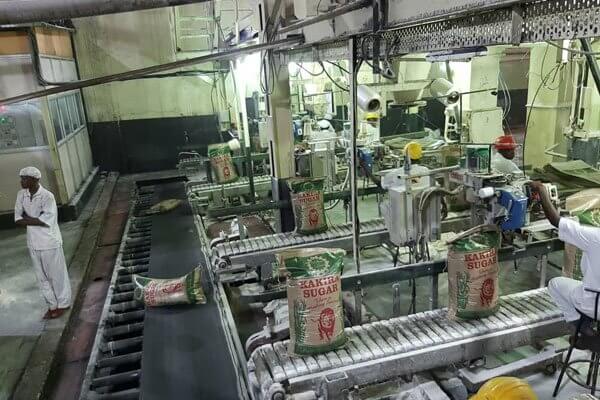
Our Projects are
Transforming African Trade
Quick Contacts
2nd Floor, Fidelity Insurance Centre Waiyaki Way, Westlands

Sugar manufacturers have seen growth in surplus to about 170,000 tonnes as neighbouring countries, in which they have been selling some of the stockpiles, lockout sugar exports, especially from Uganda.
Ugandan sugar manufacturers are facing an existential crisis after Kenya last week banned sugar imports, opting to solve challenges facing the country’s sugar industry.
The ban means that at least 35,000 tonnes of sugar exports from Uganda will be locked out of Kenya, which is expected to increase Uganda’s stockpile.
Uganda, according to Uganda Sugar Manufacturers Association, is currently grappling with stockpiles of about 150,000 tonnes with Tanzania, which had previously completely banned exports from Uganda, only allowing in about 20,000 tonnes.
Mr. Jim Kabeho, the Uganda Sugar Manufacturers Association chairman yesterday told Daily Monitor the sector is in a crisis, which, unless urgently addressed by government and regional governments is expected to force out some manufacturers.
“We are in a crisis. Local sales are low and now exports [are being locked out]. It is a big problem. If we can’t sell then factories are going to close,” he said, noting the crisis is expected to spread out to farmers, who can no longer sell their cane and efforts to sell it to countries such as Kenya have also faced challenges.
Last week, Kenya closed out truckloads of cane from entering its territory for unexplained reasons.
About two weeks ago, Kenya’s Agriculture Cabinet Secretary Peter Munya announced a ban on all sugar imports and subsequently revoked all sugar import permits, some of which were held by Uganda manufacturers and exporters.
Mr. Munya had reasoned that the influx of imports in Kenya had negatively impacted sales of Kenyan sugar producers, leaving them with huge unsold stocks.
Kenya had previously allowed in sugar imports after one of the country’s largest producers – Mumias – had experienced capacity challenges.
The ban, Mr. Kabeho said, is expected to impact local prices as manufacturers struggle to reduce stockpiles that have been growing since the start of the year.
Disclaimer: The views and opinions expressed in this article are those of the authors and do not necessarily reflect the official policy or position of TradeMark Africa.